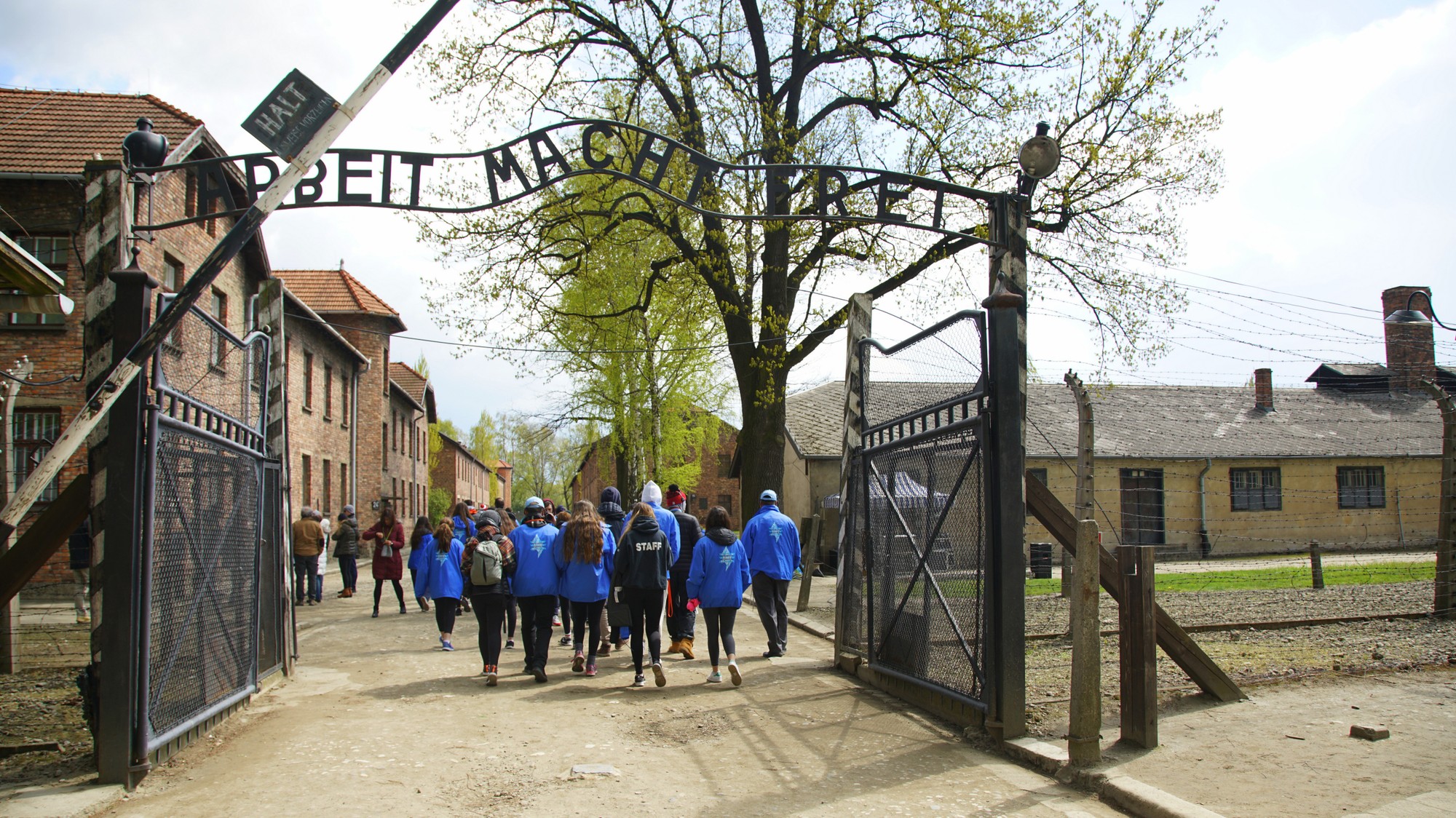Imagine it’s 1944. You’re one of 10 children living in Trnava, which at the time was Czechoslovakia. You’re happy, healthy. Then one day, your mother and father wake you. It’s time to go.
You don’t have much time to pack, and you can only bring whatever fits into one case. You’re loaded into a copper-coloured train car. It’s dark and people are packed tight, like cattle.
You don’t know where you’re going. You’re scared, confused. You’re given no answers. Or food. Or water. There are no stops along the way to use a bathroom.
The car, with only two small windows, smells like urine and reeks of sweat. After days of travel, the train finally stops. The doors swing open.
You’re confronted by soldiers carrying rifles, restraining snarling German shepherds.
People scream, the dogs bark, Nazi officers yell orders, dividing the arrivals into two lines. Men on one side, women on the other.
If you’re deemed fit to work, you have another day to live. If not, you’re ushered off into the gas chambers.
This story is one of many for Holocaust survivors. Including my own grandparents, both of whom managed to survive some of the most infamous concentration camps in history. Auschwitz-Birkenau, Bergen Belsen, Mauthausen.
I remember what Auschwitz-Birkenau looked like when I visited on a trip in Grade 11. The infamous sign “Arbeit Macht Frei”: work will set you free. One of the greatest lies ever told.
In what is now a memorial, a giant glass case stretches from floor to ceiling, filled with everything confiscated by the Nazis, suitcases to shoes, hair and jewellery.
The gas chambers were designed to look like showers. I can still see and feel the scratch marks of the hundreds of thousands of people desperately clawing their way to the surface for air. To no avail.
Why am I telling you this?
Almost 80 years later, too many people still deny the existence of the Holocaust.
Just a few weeks ago, the same barracks I visited were defaced with vandalism claiming, the Holocaust wasn’t real and denying it ever happened.
In September 2020, a survey by the Conference on Jewish Material Claims Against Germany found that 63 per cent of Millennials and Gen Z in the United States did not know that six million Jews were murdered in the Holocaust.
During the war, more than 40,000 concentration camps and ghettos were established. But nearly 50 per cent of respondents in the survey couldn’t name one.
The U.S. Holocaust Memorial Museum says that, along with the six million Jews murdered during the Nazis, about 1.8 million non-Jewish Poles were murdered, 312,000 Serb civilians, up to 250,000 people with disabilities, between 250,000 and 500,000 Roma, almost 2,000 Jehovah’s Witnesses, as well as thousands of members of the LGBTQ+ community.
The Holocaust was among the darkest periods in human history. And while historical knowledge declines and misinformation spreads, the rate of antisemitic hate crimes is surging.
According to Toronto Police Services, of 210 hate-motivated crimes reported in 2020, 63 targeted the Jewish community. That represented a 43 per cent increase from the previous year.
I’m convinced there’s a direct correlation between rising antisemitism and the Holocaust denial that’s been drummed up in recent years.
That’s why it’s more important than ever to make Holocaust education compulsory in school curriculums.
We need your help. The silence is deafening. Don’t be afraid to speak up.

